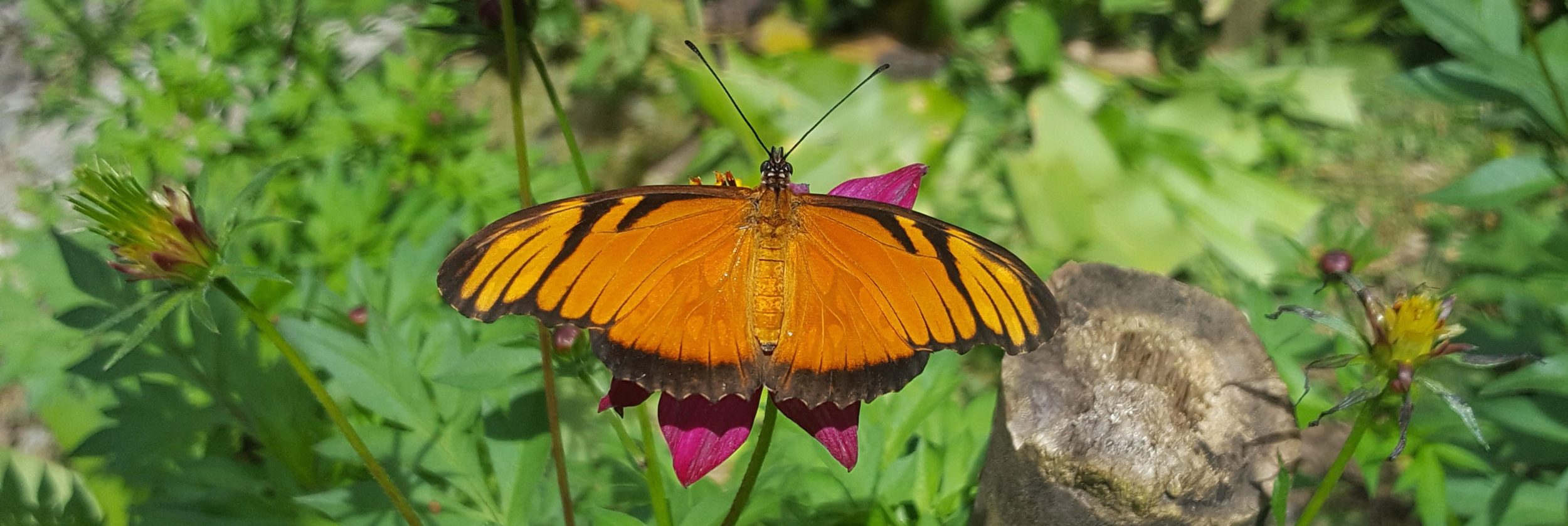
About the Auburn University Museum of Natural History
Why are natural history collections important?
The world we live in is incredibly diverse. Despite over 250 years of Linnean taxonomy we have managed to only describe 2 million of the 10-30 million plant, animal, fungal, and bacterial species that inhabit our planet. Through their collections, natural history museums like the Auburn University Museum of Natural History provide access to specimens that are integral to studying and understanding Earth’s biodiversity. Scientists have used the wealth of data contained within these important collections to learn just about everything we know about species’ diversity, morphology, anatomy, genetics, and distributions. Collections help us to understand how species have changed through time and most importantly how the actions of humans are impacting them.
Why is biodiversity important and why should we study it?
Biodiversity, the diversity of life, includes all the living things on our planet. Although we typically think of biodiversity in terms of numbers of species, we can also characterize living systems in terms of the genetic, physiological, biochemical, behavioral, and ecological diversity they contain. As humans our very existence is dependent on the living world for our clean air, water, food, and shelter; over 90% of the pharmaceuticals that keep many of us healthy come from the natural world. Without these natural “products”, termed “essential ecosystem services” human health and quality of life would be severely diminished.
What is the mission and vision of the Auburn University Museum of Natural History?
The mission of the Auburn University Museum of Natural History is to conduct biodiversity research, preserve and document our planet’s biodiversity, and lead and promote activities related to natural history education and outreach for Auburn University and all citizens of the state of Alabama. Our vision is to emerge as the primary repository for all natural history collections currently maintained at Auburn University and to function as a center of excellence for biodiversity research, education, and outreach. We will capitalize on strengths of the biodiversity heritage collections in our care and the vast organismal knowledgebase of the curators and staff to establish a gateway through which all segments of society can come discover the natural sciences and appreciate the relevance of biodiversity to human health and quality of life. We will preserve and document the rich natural heritage of Alabama while concurrently creating opportunities for students and teachers from regional schools, the general public, students at Auburn University, and researchers to explore our planet’s biodiversity. We seek to inspire an appreciation of nature and the environment so that we might better conserve it for future generations.